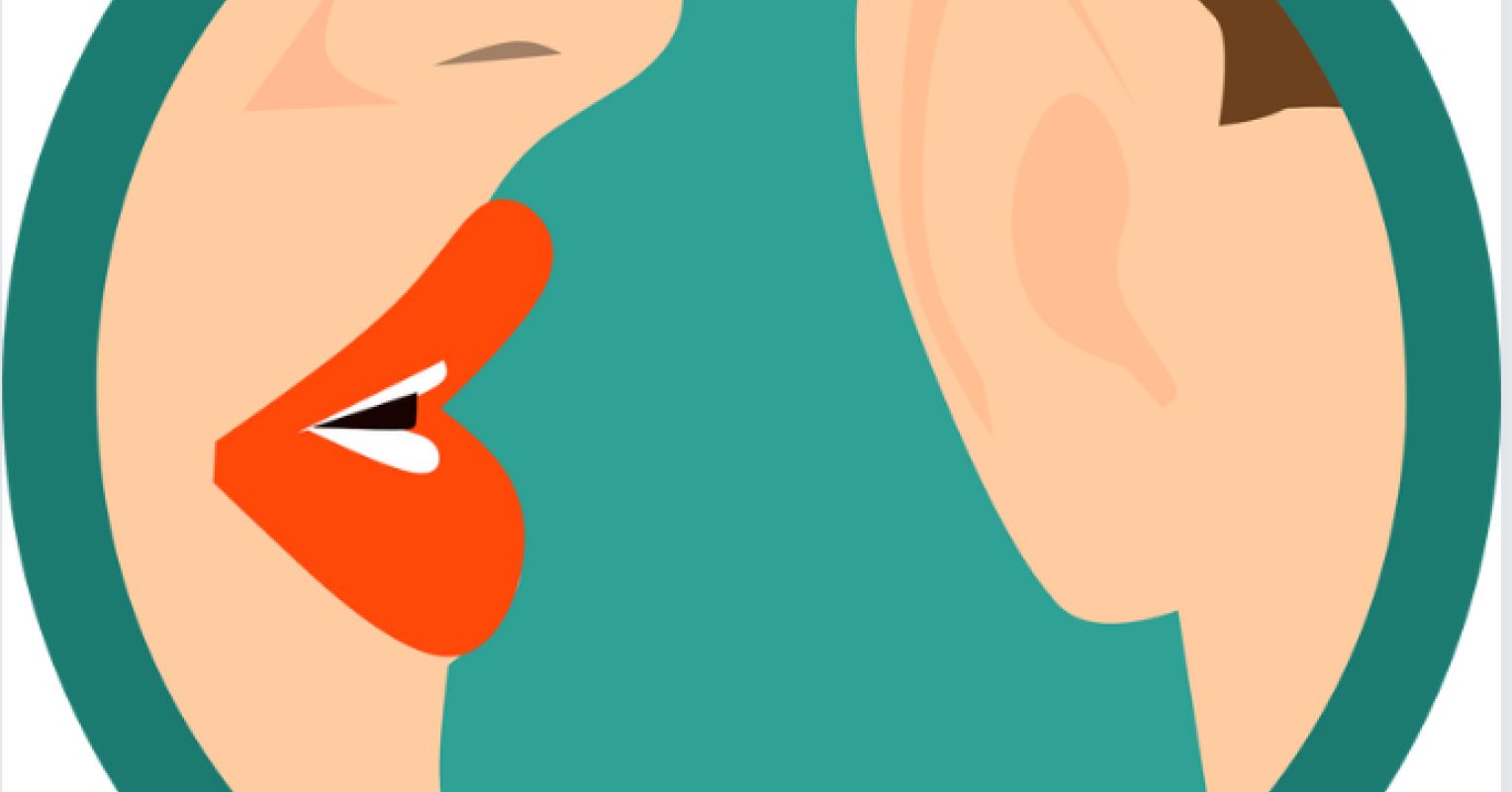
This post is Part 1 of a two-part series.
Have you ever spaced out when someone was talking to you? Or have you ever talked to someone whom you had a feeling wasn’t listening? They were somewhere else.
Listening attentively is a capacity and skill that many don’t have. And, it’s typical for one person in a couple to be a better listener than the other. Sadly, a lapse in listening can result in pain and disconnection—the one sharing left alone feeling neglected, abandoned, or humiliated.
Pouring your heart out to someone who tunes out midconversation could surely lead to strife. But it’s also an opportunity for greater understanding and connection. Curiosity and compassion, both for ourselves and our loved ones, are the tools best applied in situations like these. Let me give you an example:
Example: Vanessa and Mike
In the first years of their marriage, Vanessa frequently spaced out when her husband Mike was sharing the events of his workday. Mike hated that. Vanessa’s difficulty listening angered Mike to the point where they fought. He found it really hurtful.
Mike explained, “She doesn’t care about me enough to listen. This is especially angering when I’m saying something important. When I get mad, I punish her by being cold and distant,” two common protective defenses on the Change Triangle tool for emotional health. I appreciated his insight!.
Conflicts arise because of knee-jerk assumptions made by both parties,like She doesn’t care about what I say or He is mean to me even though I can’t help it.
However, when two people caught in a conflict slow down and rewind to right before their connection suffered, newfound understanding can shed light on what’s really happening for each person in those moments. Reserving judgment, and instead mustering authentic curiosity, lays the groundwork for a lasting peace process.
Mike shared his hurt and anger with Vanessa. “It hurts me when you space out when I’m talking. Then I feel anger for being hurt.”
Just naming his emotions and letting Vanessa know how her behavior affected him released something internally and allowed him to get more curious about Vanessa’s experience. He wanted to understand what was happening for her in those moments when she “forgot to listen.” In truth, Vanessa’s struggles with listening had been long-standing and had very little to do with Mike.
Roots of Listening Ability
The ability to listen, which I define as an intention to comprehend what another person is saying, stems from multiple roots. We have natural inborn capacities for listening, and capacities that get cultivated or thwarted as a result of our most formative family experiences.
Some people’s minds are built with a natural inclination to float away. They are often artistic with a wonderful ability to daydream. The flip side is it’s a real struggle to stay focused. That’s just a quality of that person, like having blue eyes, and has nothing to do with anyone else.
Some people’s minds get carried away by gripping associations. For example, if you mention something about your work, I might associate it with my own job and what is on my to-do list. I get pulled away, unable to comprehend what you’re saying anymore.
Additionally, some people disassociate to cope with the underlying feelings and beliefs they have about listening or being talked at. If you grew up in a chaotic and loud household, with lots of shouting or lecturing, you might relate to this notion. The reasons we can’t or won’t listen can be deep and poignant.
Mike softened with the knowledge that there were deeper reasons for Vanessa’s difficulty staying connected when Mike talked. He thought it had something to do with him being boring or Vanessa not caring. But Vanessa did care. And she felt ashamed that this was a problem, which made it hard to talk about.
Since addressing this listening dynamic head-on, Mike and Vanessa have had many good discussions about his need to be listened to and her difficulty listening. This process has led to greater understanding of what is happening for them in these moments, easing the hurt feelings and reactivity when it happens. They even created some ways to tip the scales in their favor.
For example, Mike often cues Vanessa before launching into a conversation, Are you able to listen to me now? I want to share something important.
He has learned to wait patiently for her honest answer. Additionally, he works the Change Triangle to understand himself and his emotional responses.
Mike might follow up by asking Vanessa if she needs a minute to get into a listening state of mind. Or ask her if she’s fully present with him. She has done the internal work on herself to respond authentically instead of defensively.
No, actually, I’m not fully present. I am thinking about something that happened with the kids today. Give me a minute to get there, is something Vanessa might say.
Some of us were lucky. We were raised with lots of positive emotional responsiveness and authentic connection. We learned to listen by being listened to and responded to by our parents, much like a child in a bilingual family learns two languages without trying. If we grew up in a family where no one truly listened, where we were talked at or yelled at, or where there was chaos all around us to the extent that we learned to shut out noise and human voices as protection, we will need to hone those listening skills. Tools and practice do make a difference.
